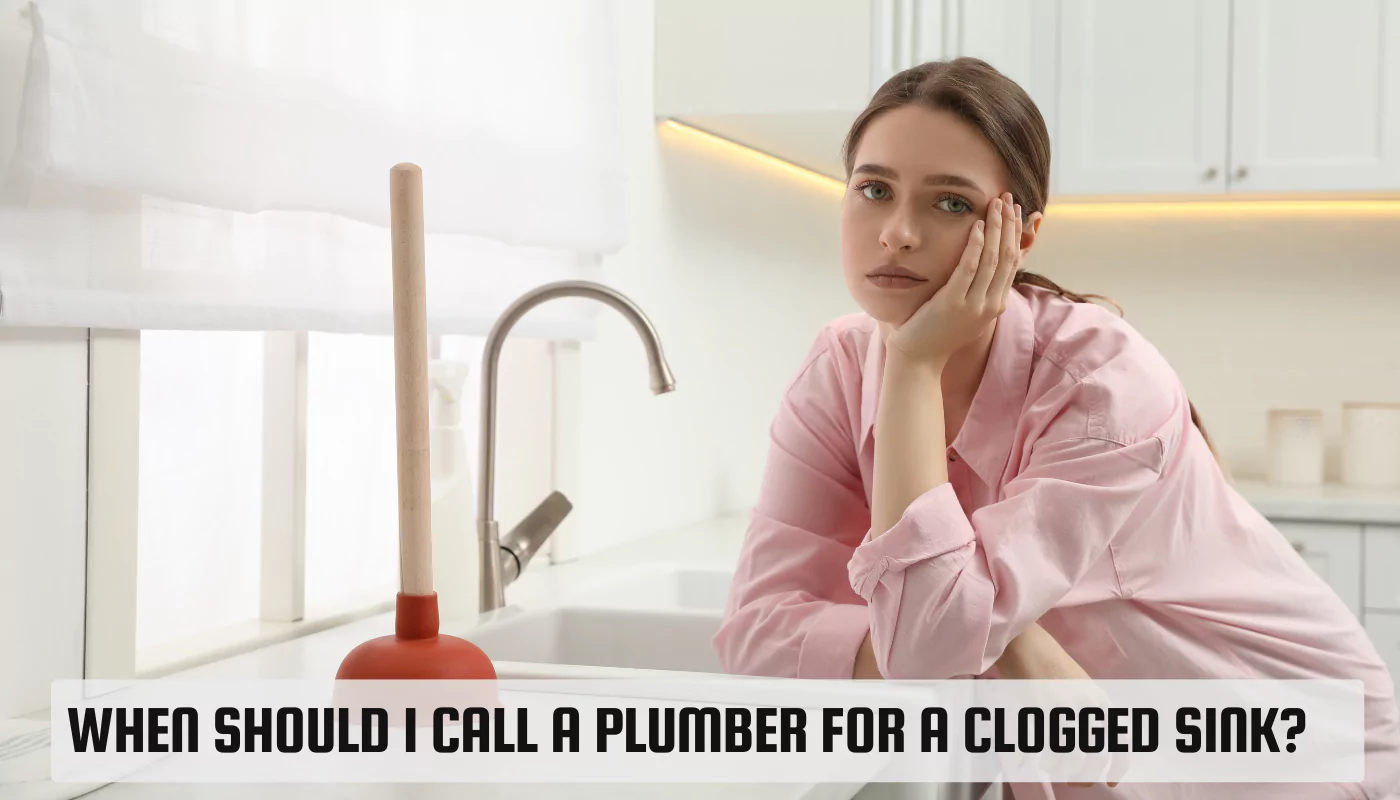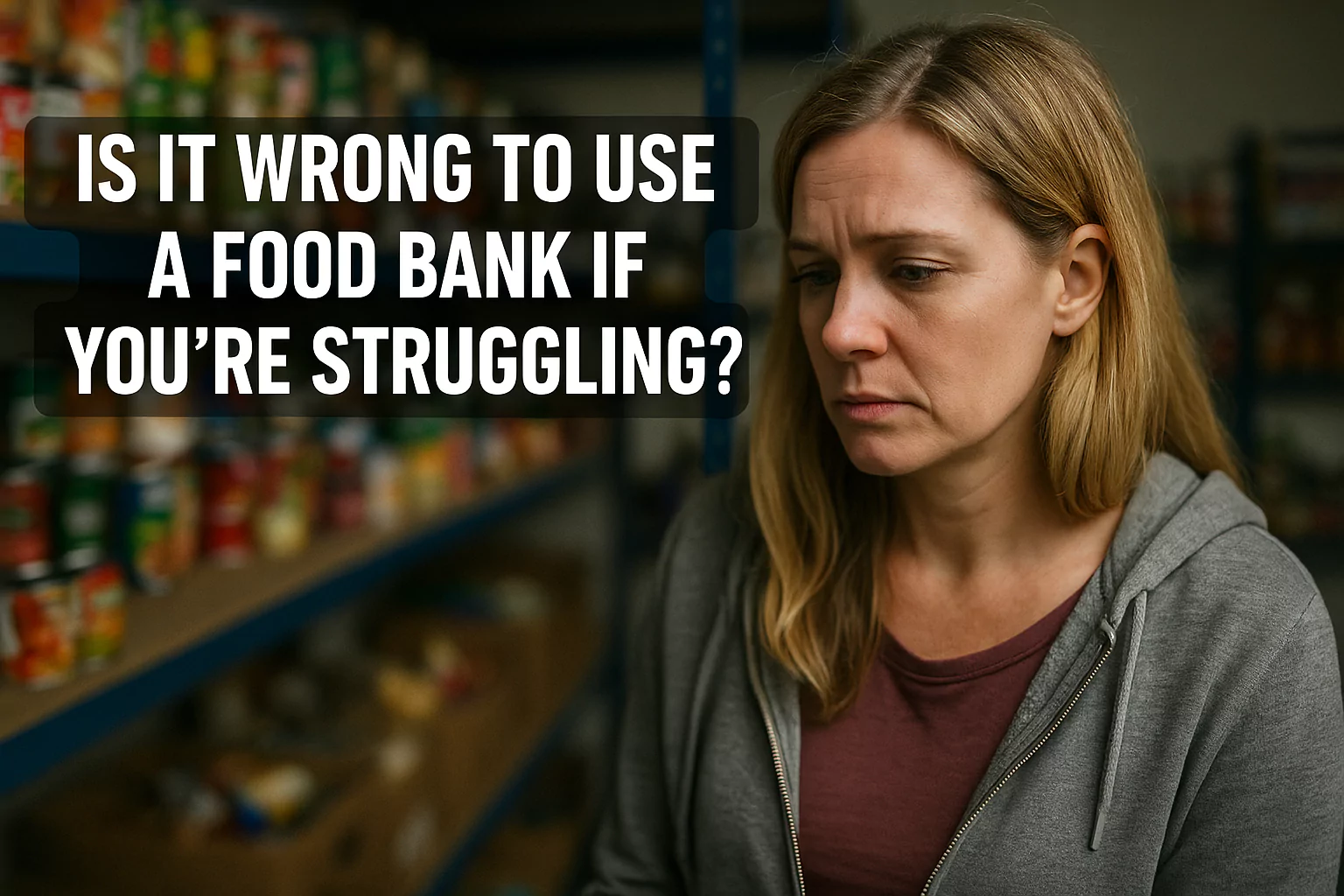When Should I Call a Plumber for a Clogged Sink?

A clogged sink can be a major inconvenience, affecting the flow of daily activities in your kitchen or bathroom. While many clogs can be resolved with basic DIY methods, others require the expertise of a professional. So, how do you know when it’s time to call a plumber? In this guide, we’ll discuss signs that indicate a more severe clog and why you might need a plumber near me to ensure your plumbing system runs smoothly.
1. Water Draining Slowly
One of the first signs of a clogged sink is slow drainage. If the water is taking a while to empty, a blockage is likely forming in the pipes. While minor slow-draining issues can sometimes be resolved with a plunger or homemade solutions like baking soda and vinegar, if the water consistently drains slowly, it’s a signal that the clog may be deeper in the pipes.
Professional plumbers have tools to inspect the drainpipes and locate the blockage, saving you from frequent slow-drain frustrations.
2. Frequent Clogs
If you constantly encounter clogs, it might be time to call a professional. Frequent clogs are a sign that the root cause has not been properly addressed. Materials like grease, soap, or hair build up over time, creating recurring blockages. A professional plumber can thoroughly clean out the pipes and eliminate the recurring clog cycle.
A licensed plumber near you can conduct a more effective and long-lasting solution, potentially saving you money and hassle in the long run.
3. Bad Odors
A sink that emits a foul smell is often a sign of trapped food, grease, or other decomposing materials. This odor is usually an indication that something is stuck in the pipes, unable to be flushed out by water flow alone. Although some homeowners try to mask the smell with air fresheners or drain-cleaning liquids, these solutions only provide temporary relief.
Persistent odors often require a plumber to identify and address the underlying issue. Using specialized tools, they can remove the trapped materials and leave your sink smelling fresh and clean.
4. Gurgling Sounds from the Drain
If you hear gurgling or bubbling sounds coming from your sink drain, it’s a sign that air is trapped within the plumbing system, often due to a blockage. This gurgling sound indicates that water is struggling to move past an obstruction, causing air to be displaced in an unusual way. Left unaddressed, this problem can lead to bigger issues, such as pressure build-ups that may damage your pipes.
To prevent potential damage, it’s wise to search for a plumber near me who can diagnose the problem and clear the clog before it worsens.
5. Rising Water in Other Fixtures
A particularly troublesome sign of a clogged drain is water starting to back up in other fixtures, such as your shower, bathtub, or toilet, whenever you run the water in your sink. This often indicates a blockage deep within the plumbing system, likely in the main drainage line.
A licensed plumber will have the necessary equipment, like a plumbing snake or even a camera inspection device, to assess and clear deep-seated blockages.
6. Using Multiple DIY Solutions with No Success
Many homeowners first try simple methods like plungers, baking soda, and vinegar to clear a clog. However, if these methods fail to produce results, the blockage might be beyond the reach of at-home solutions. Additionally, overusing drain cleaners or aggressive plunging can lead to pipe damage, which can be costly to repair.
When your DIY attempts are unsuccessful, it’s time to find a plumber near me. A professional plumber has specialized tools like augers and hydro jets that can effectively clear stubborn clogs without risking damage to your pipes.
7. Visible Mold or Water Damage
Water from a clogged sink can seep into surrounding areas, leading to water damage or even mold growth if left unchecked. If you notice water stains, mold growth, or a damp smell under your sink or around your cabinetry, it’s crucial to call a plumber. Mold poses health risks and spreads quickly in damp conditions, and professional plumbers can help locate the leak source and prevent further damage.
8. Clogged Garbage Disposal
Sometimes, the issue isn’t the sink itself but a clogged garbage disposal unit. Clogged disposals can lead to blocked pipes, as food scraps and grease often get lodged within the disposal and can’t pass through the pipes. If resetting the disposal or clearing it manually doesn’t help, a professional plumber will have the expertise to disassemble the unit and ensure the disposal system is working correctly.
9. Persistent or Severe Clogs in Bathroom Sinks
Bathroom sinks can get clogged by items like hair, toothpaste, soap, and dirt, which can form tough blockages. While these clogs may seem harmless, they can build up over time and become difficult to remove. Using chemical drain cleaners may offer temporary relief, but these can harm your pipes and make the issue worse in the long term.
A professional plumber near you can clear the bathroom sink clog without the need for harmful chemicals, ensuring a safer solution that prolongs the lifespan of your plumbing.
10. Lack of Proper Equipment
Plumbing tasks often require specialized tools, such as a plumbing snake or hydro jet, which are not typically available to the average homeowner. Attempting to improvise can lead to pipe damage or even personal injury. When you lack the right equipment to handle the clog, calling a plumber near you is the best course of action to ensure a safe and effective fix.
Why Call a Professional Plumber?
While minor clogs may seem manageable, there are several reasons why hiring a professional plumber is the better choice for significant or persistent issues.
a. Expertise and Equipment
Professional plumbers come equipped with tools that allow them to locate and clear clogs that may be unreachable through DIY methods. For example, they may use a plumbing snake to reach deep clogs or employ a camera inspection to locate blockages precisely.
b. Avoiding Further Damage
Attempting to resolve clogs without proper knowledge can lead to damaged pipes, particularly with methods like chemical cleaners that corrode pipes over time. Professionals understand the best techniques for each type of blockage, preserving the integrity of your plumbing.
c. Long-Term Prevention
A plumber will not only clear the clog but can also offer advice on preventing future blockages, such as suggesting screens for drains or explaining proper garbage disposal use. This proactive approach can reduce the likelihood of recurring issues and provide peace of mind.
How to Find a Plumber Near You
When the signs point to needing a professional, finding a trusted plumber near me becomes essential. Here are some tips for selecting the right plumber:
- Check Reviews and Ratings: Look for plumbers with positive reviews on platforms like Google, Yelp, or the Better Business Bureau. High ratings and customer feedback often indicate reliable service.
- Verify Licensing and Insurance: A reputable plumber will be licensed and insured, ensuring they’re qualified and that any potential damages are covered.
- Ask About Experience: Experience matters, especially for more complex issues like deep pipe blockages. Ask about their expertise with specific plumbing issues similar to your own.
- Get a Clear Estimate: Before any work begins, request an estimate. Transparent pricing helps you understand what you’re paying for and avoids unexpected costs.
- Availability for Emergencies: Since clogs can worsen quickly, choose a plumber who offers emergency services or is available during off-hours.
Preventative Measures to Avoid Future Clogs
Once your clog is resolved, taking preventative steps can help you avoid future issues:
- Avoid Pouring Grease Down the Drain: Cooking oils and grease should never be poured down the sink, as they harden and create blockages.
- Use a Drain Screen: Install drain screens in both kitchen and bathroom sinks to catch food particles, hair, and other debris before they enter the pipes.
- Limit Food Waste in Disposal: Be mindful of what you put into the garbage disposal. Avoid hard, fibrous, or starchy foods that can damage the disposal or clog pipes.
- Regular Cleaning: To dissolve minor buildups, clean your drains with a mixture of hot water and vinegar once a month.
Final Thoughts
While minor clogs can sometimes be handled on your own, persistent or severe blockages require professional intervention to avoid damage and ensure thorough resolution. If you notice any of the above warning signs, it’s wise to search for a reliable plumber near me who can address the issue promptly and efficiently. Investing in a professional service can save you from repeated hassles and costly repairs down the line.
Your plumbing system is essential to your home’s functionality—don’t let a clogged sink disrupt your routine. When in doubt, call a licensed plumber and enjoy the peace of mind that comes with expert service and a fully functioning plumbing system.








